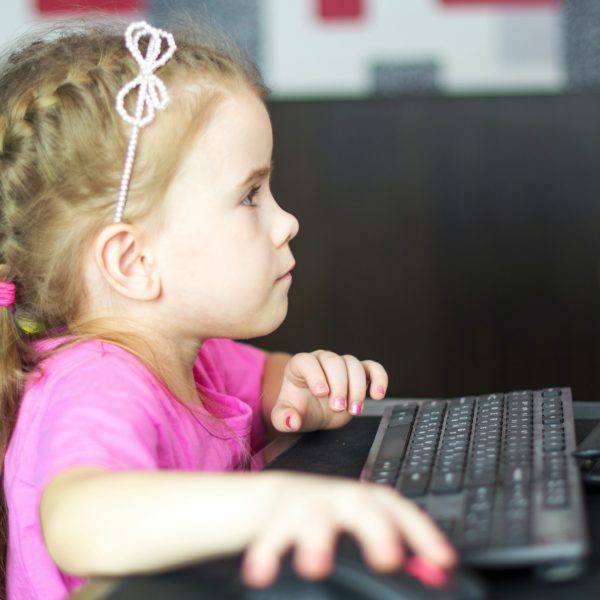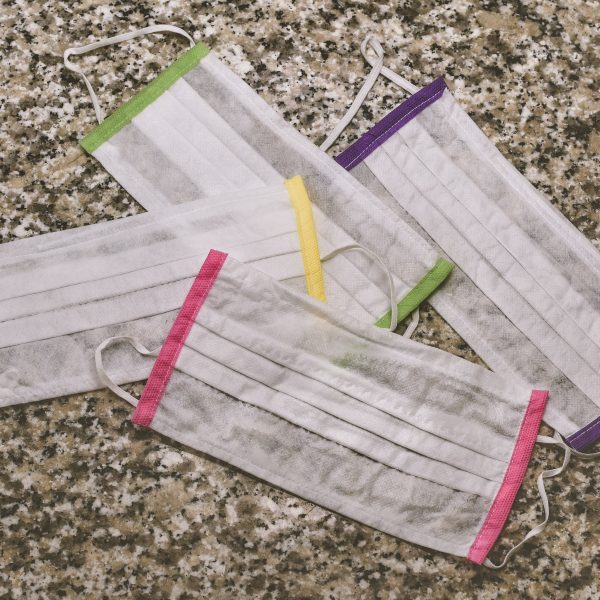COVID-19 may have impacted social and communication skills in babies, experts say

Fewer milestones around communication and social development in babies and toddlers born during periods of COVID-19 pandemic lockdowns are being met, with researchers suggesting these children be closely monitored to ensure there are no lasting effects.
The development of language in babies is complex, with younger babies fixating on the eyes of carers during interactions while older ones tend to shift their gaze from the eyes to the mouth, the researchers explained.
Before the advent of coronavirus vaccines, mass lockdowns and mask wearing were deployed to curb the spread of COVID-19 infection, limiting babies’ interactions with people outside the home and potentially restricting their access to visual and facial cues for language development.
To learn more about how they were affected, 309 babies born during the pandemic were compared with a historical cohort against 10 developmental milestones, namely the ability to:
- crawl
- side step along furniture
- stand alone
- pick up tiny objects with thumb and index finger (pincer grip)
- stack bricks
- finger feed
- know their own name
- express one definite and meaningful word
- point at objects
- to wave ‘bye-bye’.
The babies were part of the CORAL (Impact of CoronaVirus Pandemic on Allergic and Autoimmune Dysregulation in Infants Born During Lockdown) study, and had all been born during the first three months of the COVID-19 pandemic (March–May 2020) in Ireland.
Outcomes of CORAL babies were compared a year after birth with those of 1,629 infants from the BASELINE (Babies After SCOPE: Evaluating the Longitudinal Impact using Neurological and Nutritional Impact) study, which included babies born in Ireland between 2008 and 2011.
CORAL study babies were born slightly earlier, on average, than the BASELINE study babies, and there were significantly fewer first-born CORAL study babies: 45 per cent (138) vs 84 per cent (1,364). The proportion of mothers educated to or attending tertiary-level education (postgraduate certificate or higher) was also higher in the CORAL group: 94.5 per cent (292) vs 88 per cent (1,431).
Comparison of the outcomes showed that slightly fewer CORAL study infants had reached social communication developmental milestones, as reported by their parents than had BASELINE study infants.
More CORAL study infants were able to crawl (97.5 per cent vs 91 per cent), but fewer expressed one definite and meaningful word (77 per cent vs just over 89 per cent), could point (84 per cent vs 93 per cent), and could wave bye-bye (88 per cent vs 94.5 per cent).
In a bid to explain the findings, the researchers suggest that lockdown measures may have reduced the repertoire of language heard and the sight of unmasked faces speaking to them, while also curtailing opportunities to encounter new items of interest, which might prompt pointing, and the frequency of social contacts to enable them to learn to wave bye-bye.
“Babies are resilient and inquisitive by nature, and it is very likely that with societal re-emergence and increase in social circles that their social communication skills will improve,” the researchers said.
“This is an observational study, and as such, no firm conclusions on cause can be drawn about cause and effect,” they added. “The two groups weren’t exactly the same and the findings relied on parental recall. While neurodevelopment is part genetically mediated, parental education and social exposure also have a significant role to play. Teasing out the direct effect of early enrichment is extremely difficult.”
Popular

Quality
Practice
Provider
Research
Workforce
Honouring the quiet magic of early childhood
2025-07-11 09:15:00
by Fiona Alston

Quality
Practice
Provider
Workforce
Reclaiming Joy: Why connection, curiosity and care still matter in early childhood education
2025-07-09 10:00:07
by Fiona Alston

Workforce
Policy
Quality
Practice
Provider
Research
ECEC must change now, our children can’t wait for another inquiry
2025-07-02 07:47:14
by Fiona Alston













